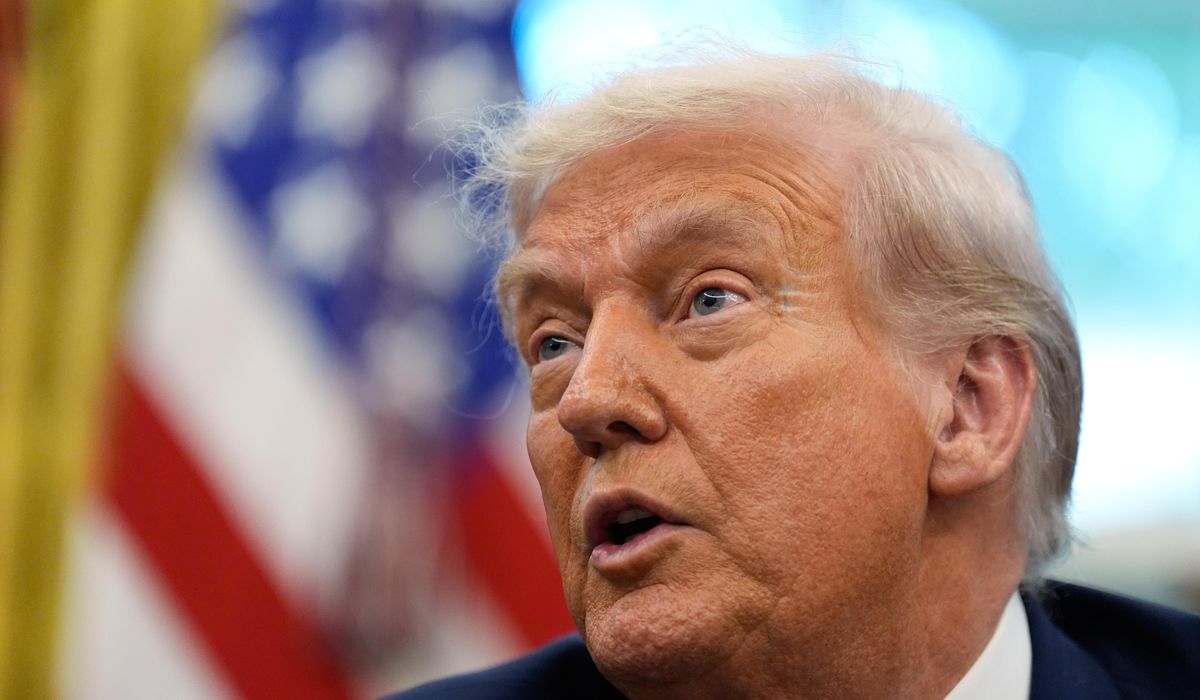


President Trump on Monday revived his threat to impose a 100% tariff on movies made outside the U.S., saying a once-iconic industry has been taken from Americans like “candy from a baby.”
Mr. Trump, writing on Truth Social, blamed in part Democratic Gov. Gavin Newsom of California, the storied home of Hollywood filmmaking.
“California, with its weak and incompetent Governor, has been particularly hard hit!” he wrote. “Therefore, in order to solve this long time, never ending problem, I will be imposing a 100% Tariff on any and all movies that are made outside of the United States.”
Mr. Trump, who made a similar threat in May, did not say when the tariff would take effect. He also did not outline what aspect of film or film production would be subject to a levy.
Tariffs are taxes imposed on foreign products as they enter U.S. markets.
Unlike a simple, physical product, films often involve entities from multiple countries and multiple layers of intellectual property and digital production.
Mr. Trump threatened to tax foreign movies as part of a blitz of sector-specific tariffs. He recently announced levies on pharmaceuticals, heavy trucks and kitchen and bathroom cabinets made outside of the U.S.
Also Monday, he said hefty tariffs on foreign furniture are coming.
“In order to make North Carolina, which has completely lost its furniture business to China, and other Countries, GREAT again, I will be imposing substantial Tariffs on any Country that does not make its furniture in the United States,” the president wrote on his social media platform.
Mr. Trump is leaning into Section 232 and other authorities that allow him to impose tariffs on national-security grounds. Previously, he used this mechanism to impose tariffs on cars, car parts, steel, aluminum and copper.
The sector-based tariffs are shielded from a pending court case that could upend a separate swath of his trade agenda.
Blue states and small, import-reliant businesses say Mr. Trump overstepped by invoking the International Emergency Economic Powers Act of 1977 to slap reciprocal tariffs on dozens of trading partners.
The Supreme Court will hear arguments in the case in November.
The administration says it would have to refund $750 billion to $1 trillion in customs revenue if the justices strike down its use of IEEPA, and if the opinion does not arrive until June.
• Tom Howell Jr. can be reached at thowell@washingtontimes.com.
